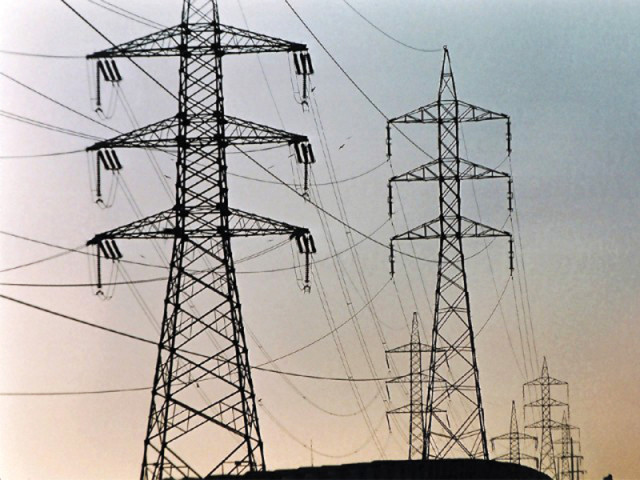Power import from Iran: Pakistan studies Turkish, Indian models for payments
Economic sanctions on Tehran deter payment of millions of dollars

Saddled with Iranian electricity bills of millions of dollars, Pakistan is studying Turkish and Indian models to clear the outstanding amount that has been stuck due to economic sanctions on Iran.
“Owing to the United Nations sanctions on Iran, there were difficulties in making payments to Iranian firm Tavanir on account of electricity purchase,” said the Economic Coordination Committee (ECC) in a meeting held on August 26.
It directed the Ministry of Commerce to come up with a mode of payment in order to ensure clearance of arrears.

According to sources, the ministry has assessed how Turkey and India are importing energy and making payments to Iran. It finds Turkey is paying for gas supplies by offering precious metals like gold to Iran. India, on the other hand, is importing petroleum products and is utilising services of a local bank that does not have branches worldwide.
“The US is keeping mum about this mechanism and has not touched the Indian local bank,” an official said, adding these two models were being studied to clear the bills of Iran for supply of 74 megawatts of electricity to Balochistan.
According to news reports, the outstanding electricity bills stand at around $100 million until the end of June this year.
Meeting participants told the ECC that the Water and Power Development Authority (Wapda) and Power Generation and Transmission Management Company of Iran (Tavanir) had entered into a contract on November 6, 2002 for the sale and purchase of 32MW of electricity at three US cents per kilowatt hour for an initial period of three years, extendable to 30 years, to meet the demand of Makran Division, Balochistan.
Later, the volume of electricity import was increased to 39MW and then to 74MW by making amendments to the contract agreement.
Power tariff for the supply of 39MW was set at five US cents per kilowatt hour for a period of three years up to December 31, 2008. It was revised upward to 6.25 cents from January 2009 to December 2010. The tariff for the period January 2011 to December 2013 was also linked to the revised formula.
In an effort to set the tariff for another term and discuss other issues, a Pakistani delegation and representatives of Tavanir met in Tehran on March 17-18 this year. During the deliberations, they agreed that the tariff would remain the same for January to December 2014.
The NTDC board of directors also approved the decision taken in the Tehran meeting. Apart from that, the National Electric Power Regulatory Authority (Nepra) also needs to clear the agreed tariff according to the regulatory requirements.
However, before making the request to Nepra, approval of the Government of Pakistan was necessary. Therefore, the ECC endorsed the decision of the NTDC board on power tariff for electricity import from Iran.
Published in The Express Tribune, October 9th, 2014.
Like Business on Facebook, follow @TribuneBiz on Twitter to stay informed and join in the conversation.



















COMMENTS
Comments are moderated and generally will be posted if they are on-topic and not abusive.
For more information, please see our Comments FAQ